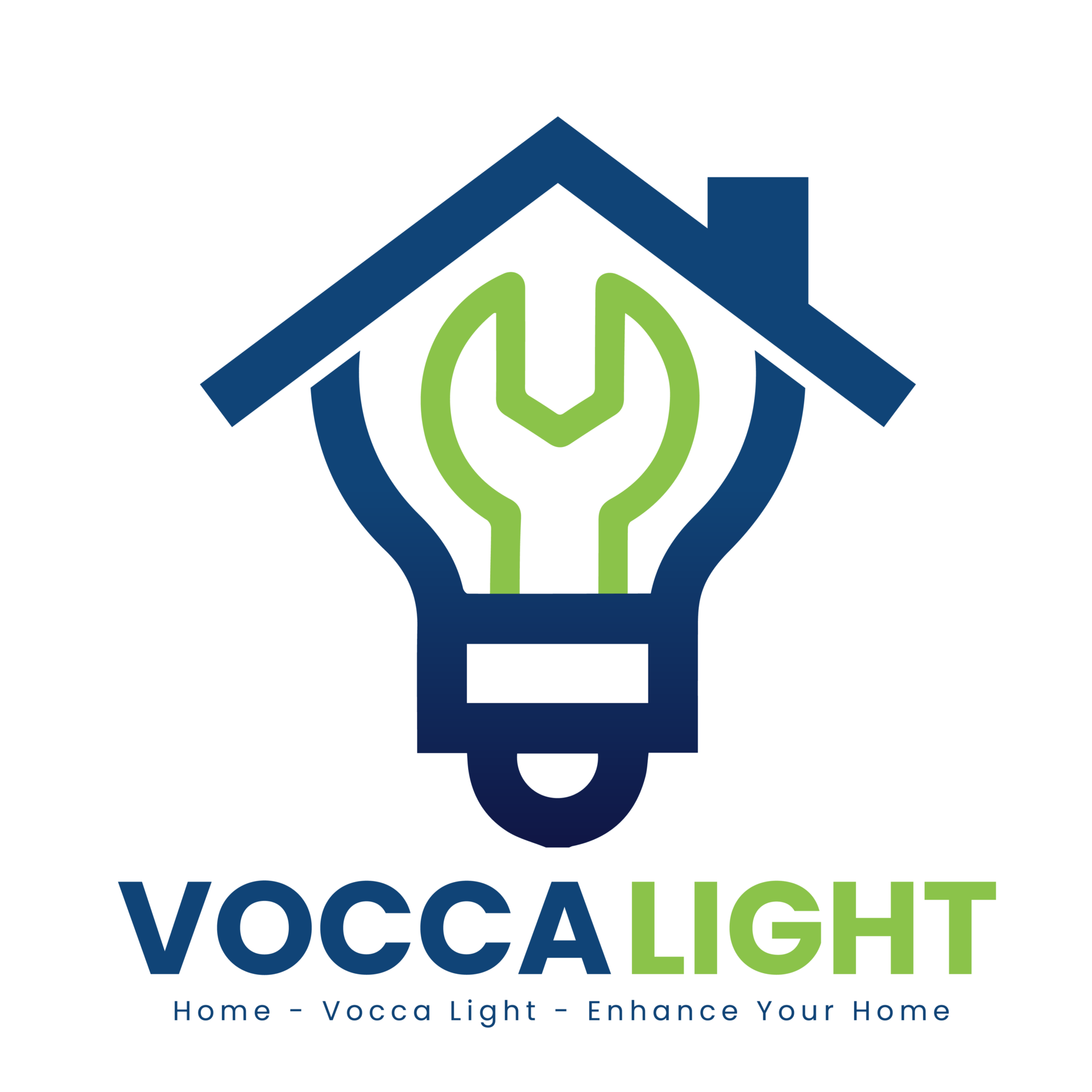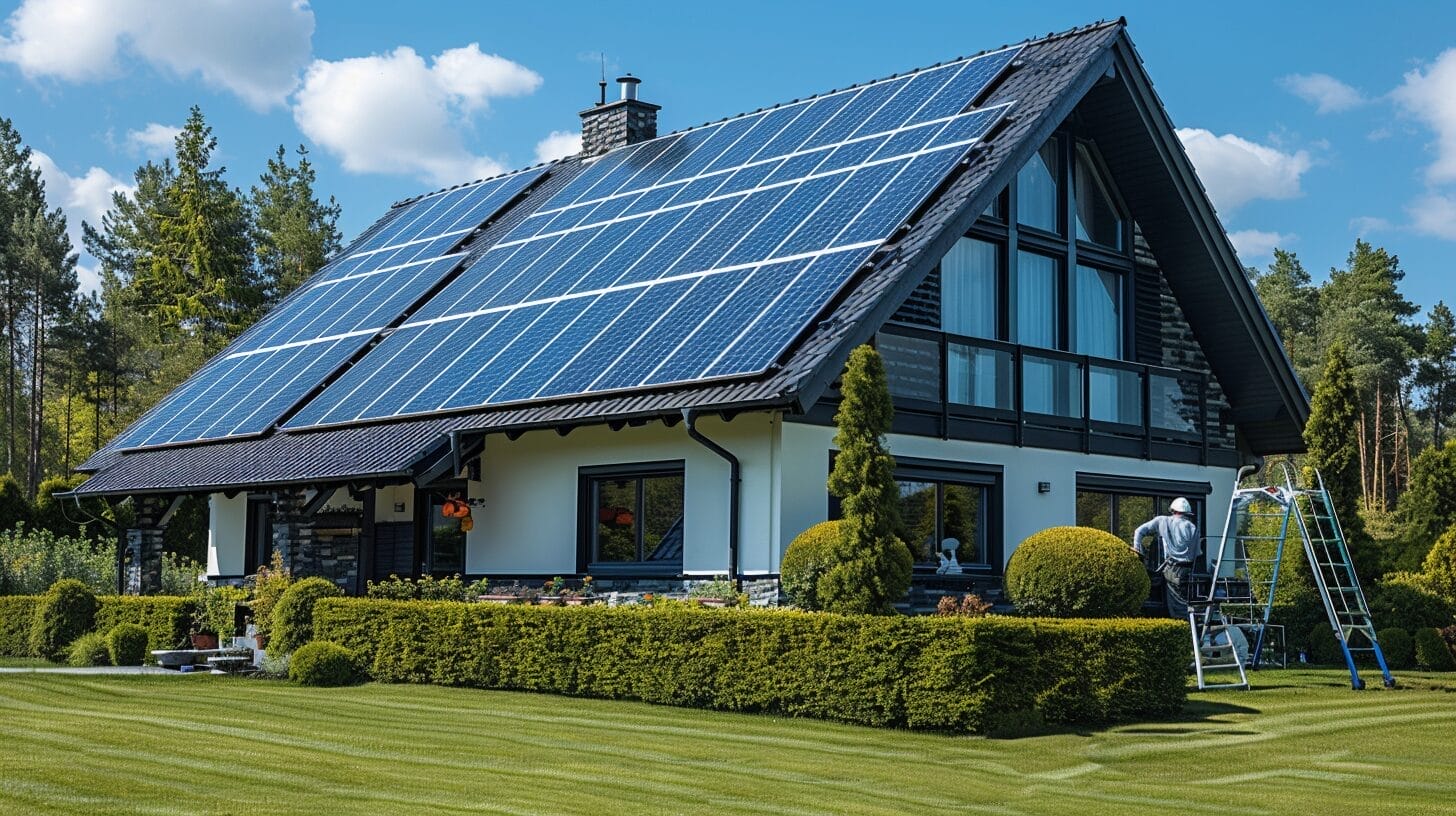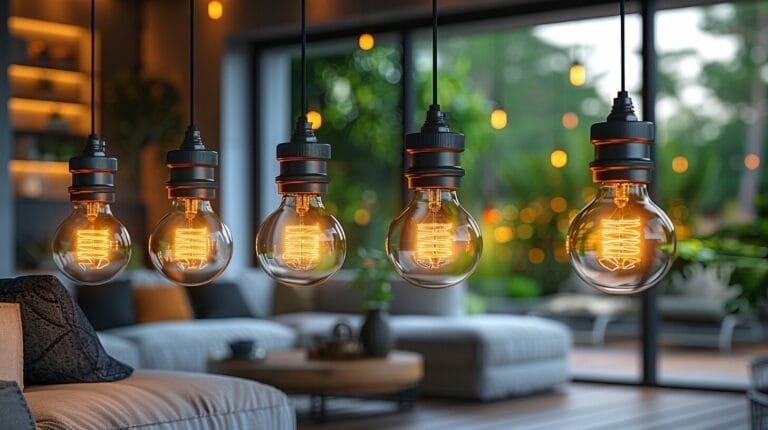Average Cost of a Solar Panel: The Ultimate Cost Guide
Curious about solar panel installation costs? Our Average Cost of a Solar Panel guide explores average expenses, shedding light on factors like panel types, system sizes, regional differences, and typically cost. Gain insights crucial for informed decisions in sustainable energy investment.
Key Takeaways
- Factors like panel type, efficiency, and state incentives determine installation costs.
- Quality installer crucial for smooth process and ongoing support, especially when selecting the best solar system options.
- Long-term investment with benefits like savings and increased property value, particularly when you consider the efficiency and durability of many solar panels on the market today.
- Consultation, permits, installation, and grid connection are key steps.
- Efficient panels lead to savings and various types offer different prices and efficiencies.
Understanding the Basics of Solar Installation and System
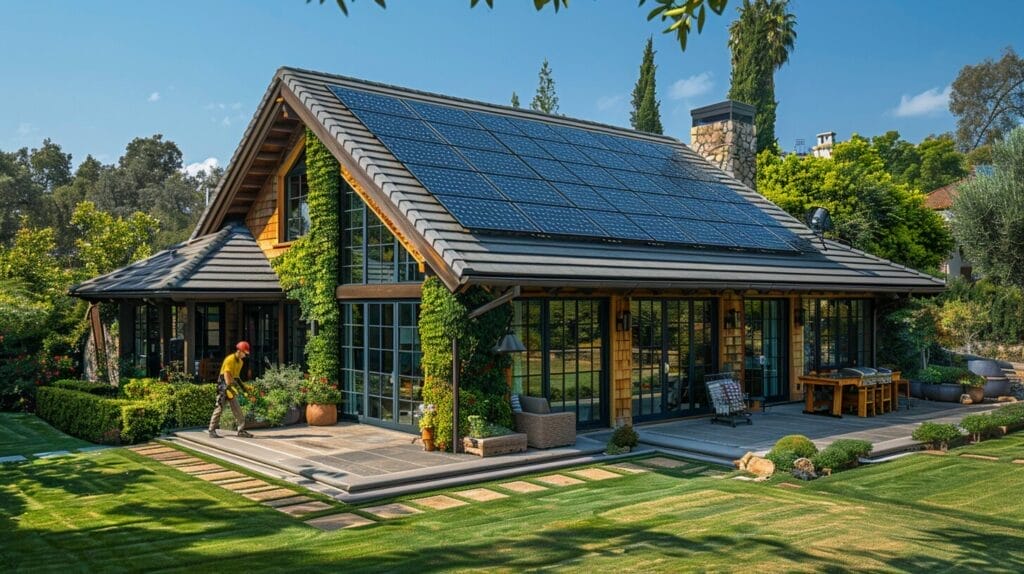
A successful solar setup requires a basic understanding of the system’s components and knowing how many solar panels you need. A typical system includes solar panels, inverters, racking, and a monitoring system.
Solar panels are the heart of the system, converting sunlight into electricity. Inverters then transform this electricity from direct current (DC) to alternating current (AC) to power your home or businesses. Racking holds the panels in place, ensuring they’re securely mounted and angled for maximum sun exposure. The monitoring system, often coupled with solar batteries, allows us to track energy production and make sure everything is working optimally.
Solar panel cost per watt is a vital factor to take into account when evaluating solar installation. This metric helps determine the overall cost-effectiveness of the system, taking into account factors like the kw system size and the efficiency of solar panels generate. Understanding our energy consumption patterns is important in sizing the solar system correctly to meet our needs. Additionally, exploring available incentives and rebates can greatly reduce the upfront costs of installation, making solar energy an even more attractive option for those looking to embrace sustainable solutions.
Average Cost of Solar Panels: An In-depth Analysis
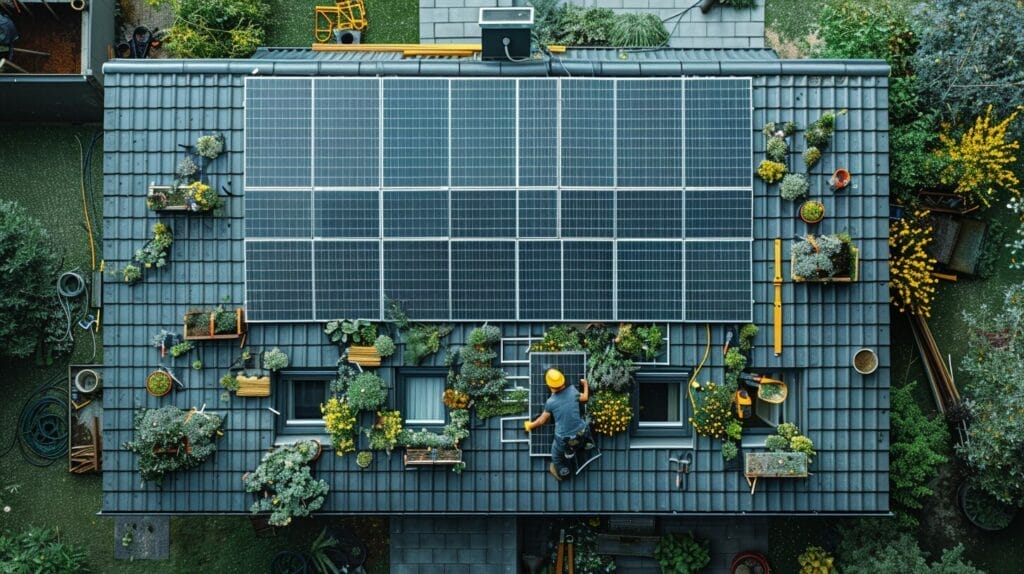
The cost of solar panels is influenced by factors such as the type of panel, its efficiency, and any state incentives. Efficient solar panels, though pricier upfront, can lead to long-term savings due to increased energy production, making them a cost-effective choice in the realm of solar power. Different types of solar panels, like monocrystalline or polycrystalline, come with varying solar panel costs and efficiencies, allowing consumers to choose based on their budget and energy needs.
Understanding the cost of solar panels involves comparing prices across different brands and types. Some brands may be more expensive but could offer higher efficiency monocrystalline solar panels and better warranties, resulting in a more cost-effective choice in the long run for those investing in the best solar options. Additionally, state incentives and rebates can further reduce the overall cost of solar panel installation, making it a more attractive investment for homeowners looking to harness solar energy with the aid of solar batteries.
The Role of the Installer in the Solar Panel Installation Process

Selecting a reliable installer for your solar panel system is crucial for ensuring a smooth and efficient installation process. The expertise and reputation of the installer can greatly impact the cost of solar panels.
A trustworthy installer may charge higher upfront fees but can save money in the long run by avoiding costly mistakes and ensuring top-notch system performance. Installers may also offer extra services such as maintenance packages or monitoring systems that could influence costs. These additional services can provide peace of mind and contribute to the overall efficiency and longevity of the solar panel system, ensuring it performs well for up to 25 years.
Evaluating the Worth of Solar Panels: Is it a Good Investment?
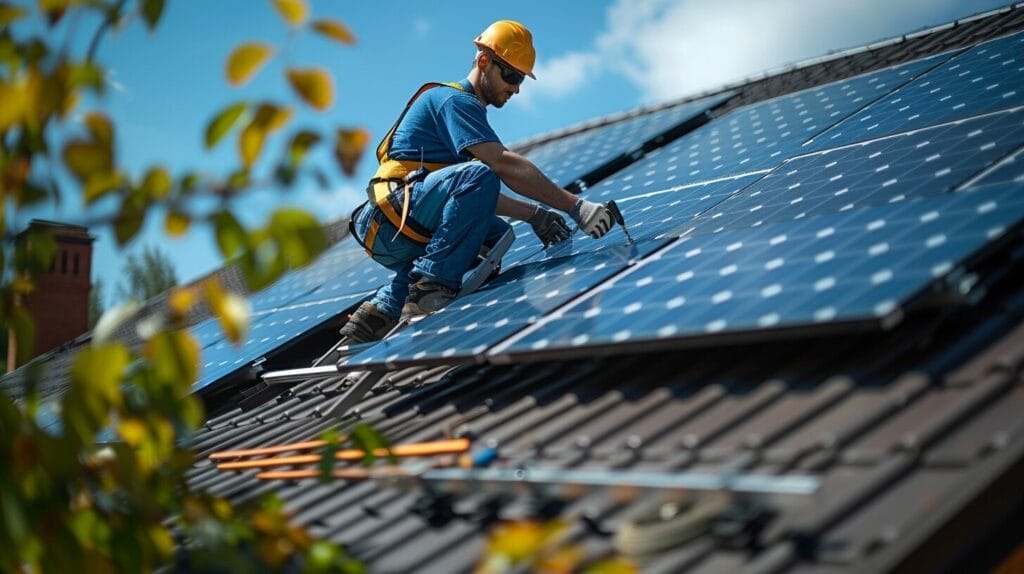
Solar panels are more than just a renewable energy source; they’re now seen as a valuable investment due to various factors, including the advancements in polycrystalline panels and the variety of solar panels on the market. One critical aspect to consider is the payback period, which indicates how long it takes to recoup the initial investment through energy savings, including the cost benefits from the federal solar investment tax credit. Solar panels can also increase property value, making them not only an environmentally friendly choice but also a financially savvy one.
Financial incentives and subsidies for solar panel installation further enhance the worth of investing in solar energy, significantly reducing the total cost. These incentives can reduce the upfront costs significantly and shorten the payback period, making solar panels even more appealing for those considering going solar, especially when considering options like net metering and solar lease agreements. As the technology continues to advance, the efficiency and affordability of solar panels improve, making them an attractive option for homeowners looking to save money in the long run.
How Does the Cost of Tesla Solar Panels Compare to the Average Cost of Solar Panels?
When comparing the cost of Tesla solar panels to the average cost of solar panels, the tesla solar panel review indicates that Tesla’s solar panels are typically higher in upfront cost. However, over time, they are expected to generate more energy and provide a better return on investment compared to traditional solar panels.
Making the Transition: Steps to Install Solar Panels
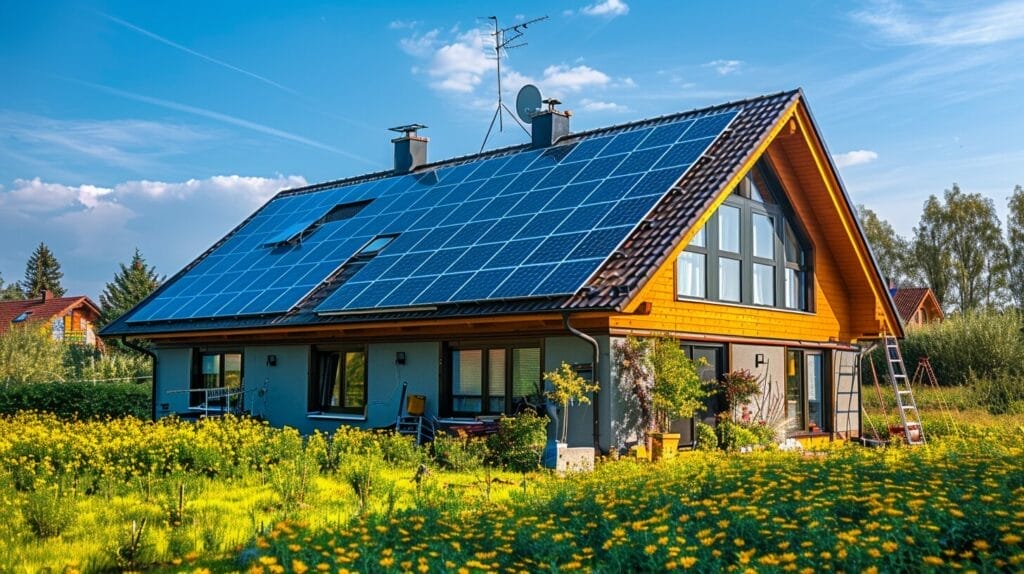
Preparing your home or business for solar panel installation involves assessing the roof’s condition and ensuring adequate space for ideal sunlight exposure. Here are the key steps in the process:
- Consultation with Solar Experts: Engage with professionals to evaluate your property’s suitability for installing a solar setup and to discuss the possibility of a lease or how to get solar panels installed.
- Permitting and Paperwork: Obtain the necessary permits and complete any required paperwork with your local utility companies.
- Installation of Solar Panels: Schedule the installation with a reputable solar energy company.
- Connection to the Grid: Connect your solar panels to the grid to start benefitting from energy savings and potential credits.
- Monitoring and Maintenance: Regularly monitor your system’s performance and schedule maintenance checks with your solar company to ensure ideal energy production from your solar panels generate.
Conclusion
To sum up, grasping the average cost of solar panels and the installation process is crucial for anyone contemplating switching to solar energy. By assessing the value of solar panels as a long-term investment, individuals can make an informed decision about integrating solar panels into their homes.
With the assistance of a reputable installer, making the shift to solar energy can be a seamless and fulfilling process.
Frequently Asked Questions
What are the average costs of solar panels for installation?
The average cost of solar panels for installation can vary depending on the size of the system, quality of panels, labor costs, and other factors, but the federal solar investment tax credit can significantly reduce the total cost. On average, you can expect to pay between $15,000 to $25,000 for a residential solar panel system.
What factors determine the cost of solar panel installation?
The cost of solar panel installation is influenced by factors such as system size, quality of panels, roof condition, location, and available incentives like the federal solar tax credit. All these factors can affect the overall cost.
How long is the payback period for installing solar panels?
The payback period for installing solar panels, taking into account the cost of your solar investment, typically ranges from 5 to 15 years. This duration can vary based on factors like energy usage, cost of electricity, and system size, highlighting how much you can save with efficient panels you install.
Is it worth investing in solar panels for residential use?
Investing in solar panels for residential use can be worth it in the long run, considering the potential savings on energy bills, increase in home value, and environmental benefits of using clean energy.
How much energy can a solar panel system generate?
The amount of energy a solar panel system can generate depends on factors such as system size, location, orientation, sunlight exposure, and how many solar panels you need. On average, a residential solar panel system can generate enough electricity to power a home.
